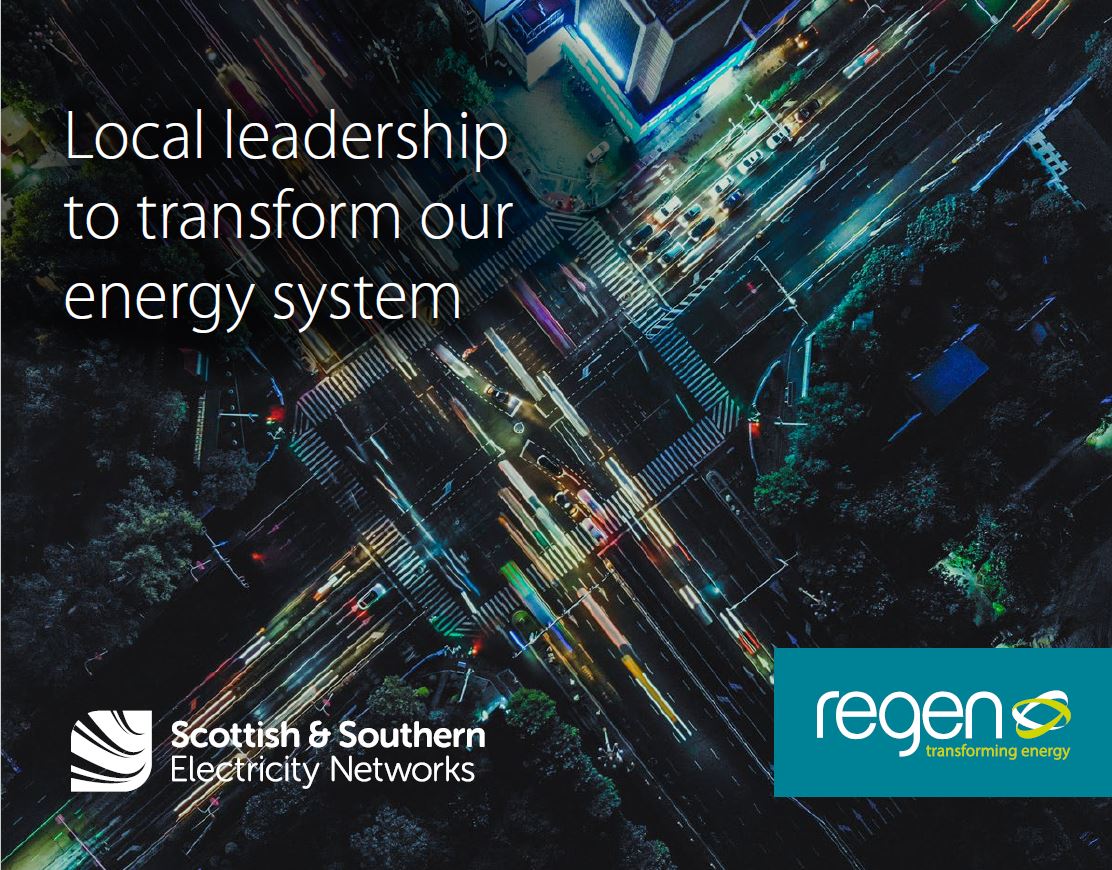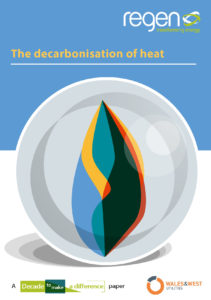As a membership organisation, we form our policy responses from our 200 business, local authority and community energy members that support our mission to transform the energy system. We have extensive experience of guiding the sector through shifts in the energy system over the last decade and influencing change at the heart of government. Please see a summary of our current policy activity below.
A key benefit of membership is Regen representing your voice with government and key players and responding to these consultations in the best interests of the sector.

 Our recent paper,
Our recent paper, 





